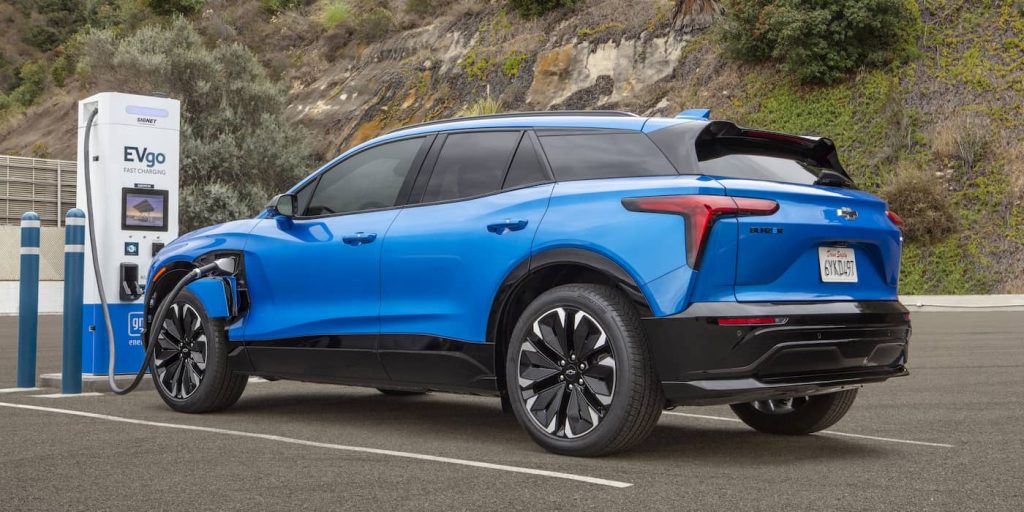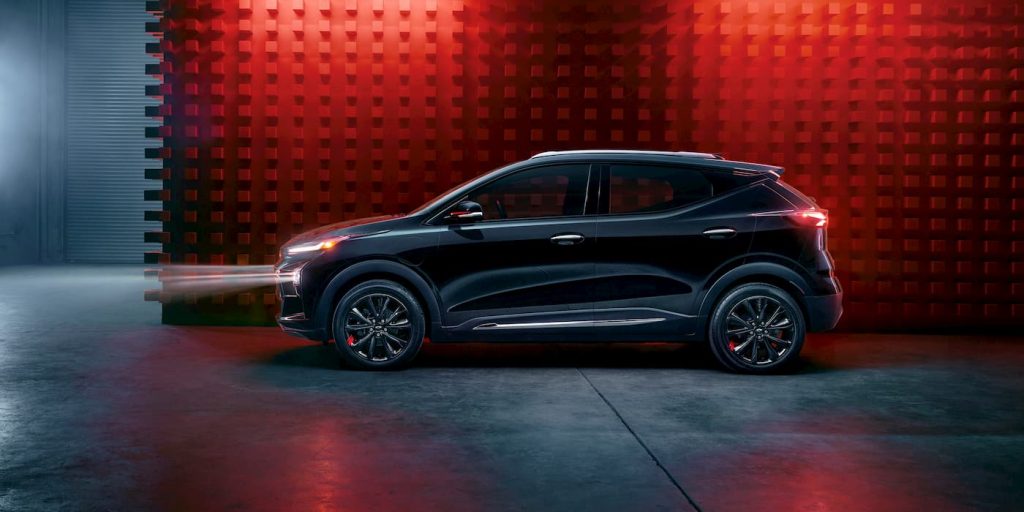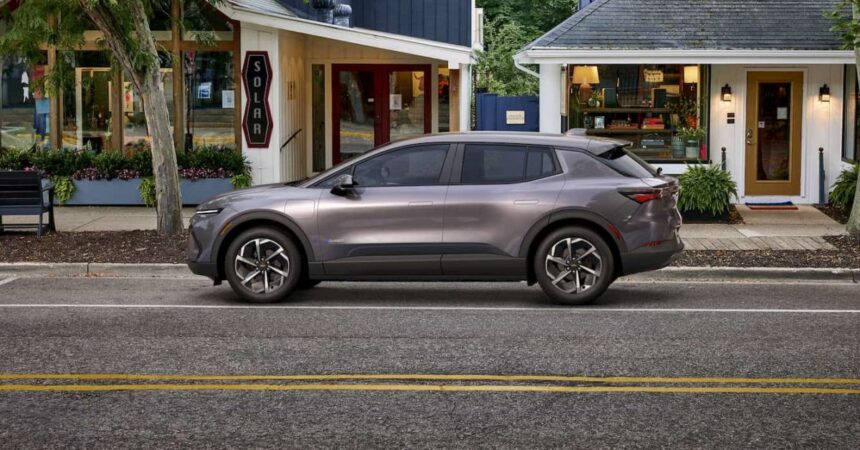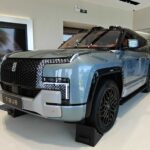General Motors is said to be engaged in negotiations with Chinese battery giant CATL to secure a licensing agreement for the latter’s more affordable LFP battery technology. Plans may incorporate a cutting-edge joint North American facility to manufacture the innovative batteries.
Following a spate of software programme malfunctions, freight disruptions, and other setbacks, General Motors has conceded that “production chaos” has foiled its electric vehicle sales targets for 2023.
General Motors CEO Mary Barra predicts that 2024 will be a year of “execution” as the company seeks to get back on track.
General Motors is accelerating production of its Ultium-powered vehicles following a successful turnaround at its Detroit-based battery manufacturing facility. General Motors is poised to produce a significant quantity of electric vehicles (EVs) in the current year, as the company prepares to roll out the Blazer EV, Equinox EV, and Silverado EV models. According to reports, GM aims to manufacture 200,000 to 300,000 Ultium-batteried EVs this year.
By some estimates, this could be roughly around 20 times higher than the approximately 14,000 models available last year. GM may be phasing out its best-selling Chevy Bolt, potentially in its current form.
Last year, General Motors sold 62,045 Chevrolet Bolts, accounting for more than 81 percent of its electric vehicle sales. It was confirmed by Barra that General Motors plans to introduce a Bolt EV powered by Ultium technology next year.
The new model is expected to deliver exceptional driving, charging, and ownership experience, boasting a unique combination of LFP battery technology and cutting-edge engineering. As Mary Barra emphasizes, this would mark the first Ultium electric vehicle in North America to leverage the advantages of lithium-iron-phosphate batteries.
As battery prices fall, GM seeks out CATL for affordable LFP tech.
According to a fresh report, General Motors is reportedly engaging in discussions with Contemporary Amperex Technology Limited (CATL) regarding the potential licensing of its lithium-iron phosphate (LFP) battery technology. Reports suggest that the plans also entail establishing a joint North American facility for the production of batteries.
While specific information is limited, it’s likely that the plant is native to either the United States or Mexico. It’s expected that the agreement will resemble the one reached by CATL and competitor Ford. Ford unveiled a $3.5 billion investment in February to establish its first lithium-ion battery manufacturing facility, the BlueOval Battery Park Michigan.

The company plans to initiate production of lithium-iron-phosphate (LFP) batteries by 2026, specifically designed to power Ford’s forthcoming electric vehicle lineup. Ford has reached a settlement with Contemporary Amperex Technology (CATL) to licence its lithium-iron phosphate (LFP) battery technology. The US-based automobile manufacturer will produce battery cells utilizing technology and data provided by Contemporary Amperex Technology Limited (CATL).
Under the agreement, CATL is responsible for building out the production lines, supply chains, and other infrastructure required to manufacture batteries, while GM will handle capital expenditures (CapEx).

General Motors’ Chief Financial Officer Paul Jacobson revealed that the innovative Bolt EV is poised to yield substantial cost savings for the company, thanks to its adoption of low-cost lithium-iron-phosphate (LFP) batteries.
Automakers are seeking ways to circumvent federal regulations mandating that electric vehicle batteries must be manufactured in North America to be eligible for a tax incentive, currently worth up to $7,500.
Electrek’s Take
If the information proves to be accurate, its significance could be substantial. In the North American market, South Korean and Japanese battery manufacturers exert significant control, with LG, Samsung SDI, SK, and Panasonic holding an impressive 80% market share.
Despite this, major battery manufacturers have largely squandered the opportunity to capitalize on LFP batteries, allowing China’s leading players, CATL and BYD, to seize control of the market. Lithium-iron-phosphate (LFP) batteries may offer a cost advantage in supply, potentially providing an edge for automobile manufacturers moving forward.
Automotive manufacturers, including Ford and General Motors, are set to unveil more affordable electric vehicle options in response to surging demand for budget-friendly electrified alternatives.
According to reports, CATL has reportedly reduced the cost of its lithium-ion batteries to approximately 400 yuan (£55) per kilowatt-hour, a significant decrease from the previously quoted price tag of 600 yuan (£83) for nickel-cobalt-manganese (NCM) batteries. As American automakers seek to slash prices and turn a profit on electric vehicles (EVs), this strategy may lead to significant financial gains.











